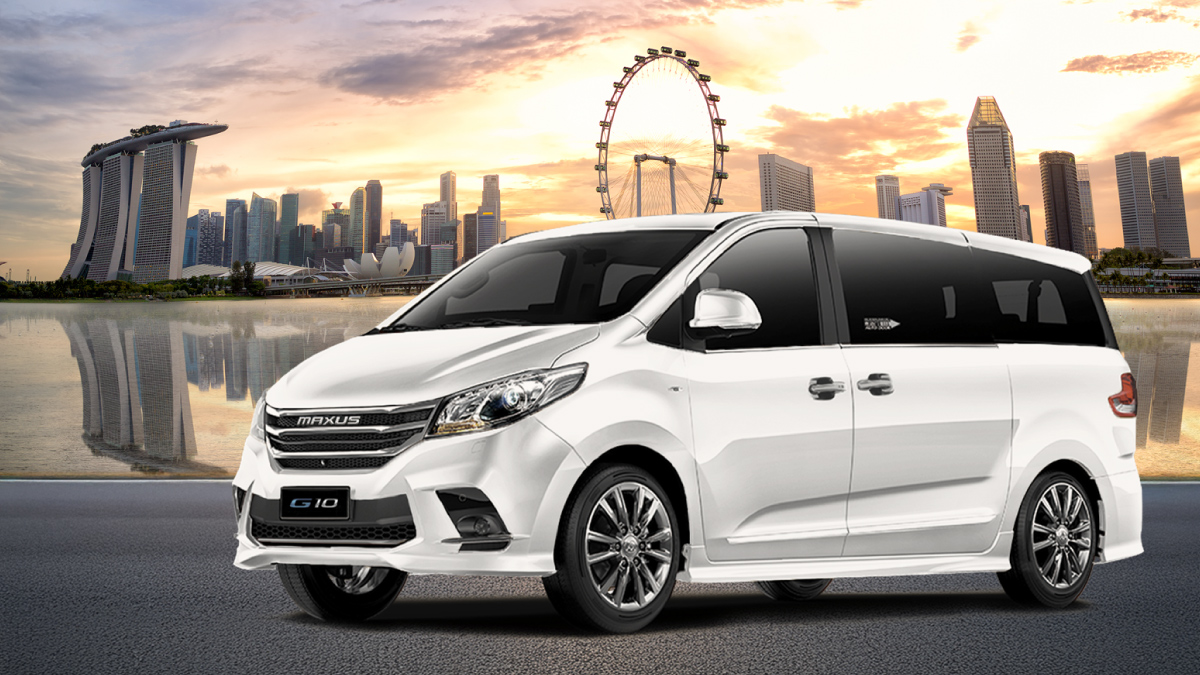
Can I Book an Autonomous Bus in Singapore?
Singapore has long been known for its forward-looking transport policies, and autonomous vehicles are no exception. From early trials to upcoming public pilots, the city-state is positioning itself as a pioneer in self-driving public transport.
But can commuters actually book an autonomous bus today? The answer is — not yet. However, that reality is fast approaching. Here is a detailed look at the current state of autonomous driving technology in Singapore, its promising future, and how it will transform urban mobility in the years ahead.
Table of Contents
1. Current State of Autonomous Buses in Singapore
Pilot Projects Already Operating
Although autonomous buses are not yet available for public booking, several pilot deployments are already underway.
- Sentosa Robobus by WeRide
On Sentosa Island, WeRide’s Robobus currently operates along a 1.2-kilometre loop with four stops. In 2025, it became the first driverless bus in Singapore approved to run without a safety officer onboard, marking an important milestone in public AV operations. - Grab and A2Z Shuttle at One-North
A pilot autonomous shuttle has been operating in the One-North business district, connecting offices to the MRT station. The service focuses on improving first- and last-mile connectivity within the innovation cluster. - Punggol Town Autonomous Shuttle (Planned for 2026)
Three routes are planned to launch in Punggol, using five- to eight-seater autonomous shuttles to improve connectivity between residential blocks and public transport nodes. - Public Route Trials from Mid-2026
The Land Transport Authority (LTA) will begin testing six fully driverless buses on public roads around Marina Bay and One-North. These trials will run alongside regular bus services for three years.
Challenges Before Full Roll-Out
Despite these successes, several obstacles remain before autonomous buses become a mainstream reality.
- Safety and Reliability:
Singapore’s dense traffic and unpredictable weather require extremely reliable navigation and obstacle-avoidance systems. - Urban Complexity:
The built environment, narrow streets, and high-rise corridors can interfere with sensor and GPS accuracy. - Regulatory Framework:
Laws governing traffic, insurance, and liability are being updated to accommodate autonomous operations. - Public Trust:
Widespread adoption depends on user confidence in the safety and dependability of autonomous technology.
At present, the country remains in a controlled trial phase, but each test brings Singapore closer to introducing commercially available self-driving buses.
2. The Future of Autonomous Buses and Their Benefits
Efficiency and Manpower Optimisation
Singapore faces a persistent shortage of professional bus drivers. Autonomous buses can help address this by reducing dependence on manpower while maintaining or even improving service coverage.
With intelligent route planning, electric drivetrains, and 24-hour operation, autonomous buses can significantly enhance fleet utilisation, lower costs, and deliver more reliable off-peak services.
Environmental Sustainability
Most autonomous bus projects in Singapore are electric, aligning with national goals to achieve net-zero emissions by 2050. By reducing the number of smaller vehicles on the road, self-driving buses could also help cut congestion and improve overall fuel efficiency.
Smarter Urban Planning
As autonomous fleets become viable, they will influence how towns and roads are designed. Fewer carparks, narrower roads, and more pedestrian-friendly environments may become the norm. The Urban Redevelopment Authority (URA) has already incorporated autonomous mobility concepts into future estate planning, envisioning seamless, multimodal neighbourhoods.
Seamless Integration and On-Demand Services
In the near future, commuters could book autonomous buses through a mobile application similar to today’s ride-hailing platforms. These shuttles would provide flexible pickup points, accurate estimated arrival times, and real-time tracking.
Such on-demand systems will extend the reach of public transport networks, offering more convenience without significantly increasing cost.
3. How Autonomous Buses Will Transform Everyday Mobility
Enhanced Neighbourhood Connectivity
Residents in towns such as Punggol and Tengah could soon use autonomous shuttles for short feeder journeys to MRT stations or local hubs. The ability to dynamically reroute vehicles based on passenger demand could make public transport more accessible, even in low-density areas.
Evolving Workforce Roles
While automation will reduce the number of driving positions, it will create new opportunities in fleet supervision, remote monitoring, maintenance, and data analytics. The workforce transition will emphasise upskilling and technical expertise rather than displacement.
Greater Accessibility and Inclusivity
Autonomous buses could be a game-changer for elderly passengers and those with mobility challenges. With features such as low-floor access, automated ramps, and real-time assistance systems, these vehicles can deliver a safer and more inclusive commuting experience.
4. Singapore’s Roadmap to an Autonomous Future
By mid-2026, Singapore will become one of the first countries in the world to operate driverless buses on public routes. The gradual expansion of these trials will inform future nationwide rollouts.
If the pilot programmes meet safety and performance benchmarks, the government is expected to extend autonomous operations to more districts by 2028, potentially integrating them with existing bus and MRT networks.
Private sector involvement is also growing. Companies such as Grab, ComfortDelGro, and WeRide are investing in autonomous fleet technologies, ensuring that Singapore remains a hub for innovation in public transport.
5. The Road Ahead
While commuters cannot yet book a self-driving bus today, the foundations are already in place. Autonomous bus services in Singapore are moving from controlled pilots to early adoption, and public availability is expected within the next few years.
Until then, for reliable, comfortable, and fully managed group transport, WaveBus.sg remains the smart choice.
WaveBus offers chartered bus services across Singapore and Malaysia for corporate, school, and private events — with instant online quotes, transparent pricing, and professional drivers.
Book your next trip with WaveBus.sg today and experience dependable travel that keeps you ahead of the curve. We’ll be among the first to update you once autonomous bus bookings officially open — and until then, you can still enjoy a seamless, technology-driven ride with us.
Book Your Bus in Minutes – Safe, Clean, Reliable
Or WhatsApp us at 8925 8080